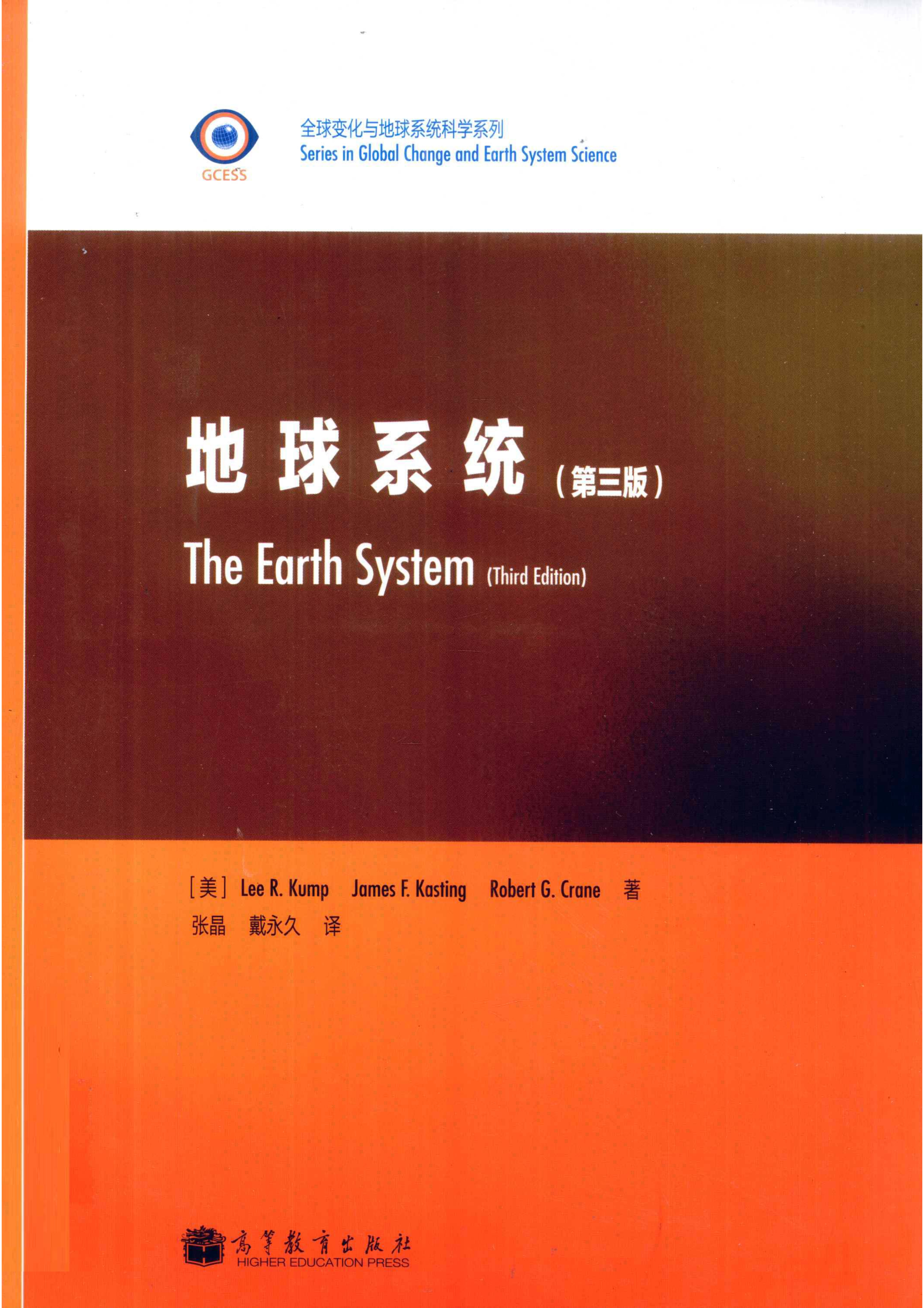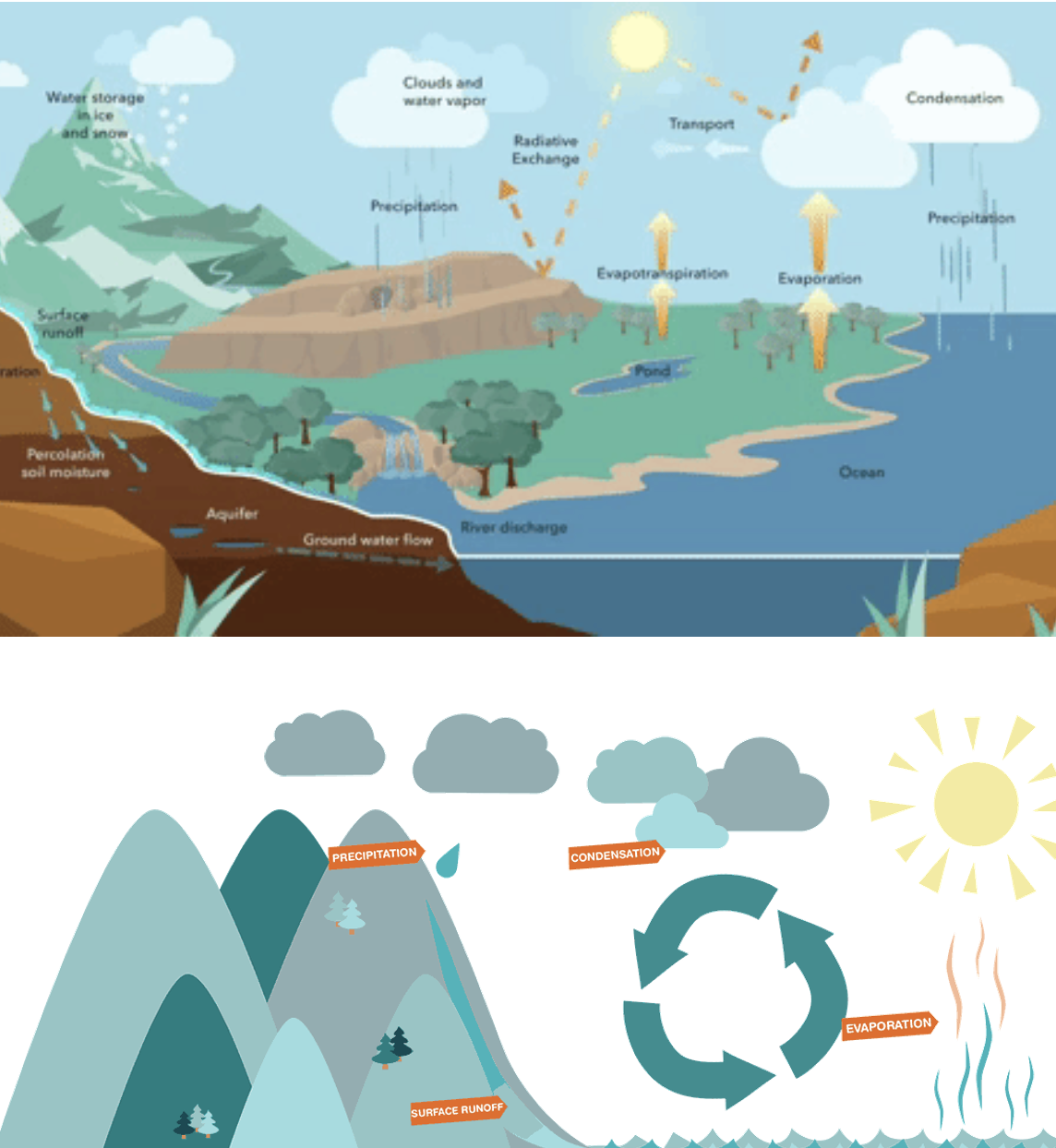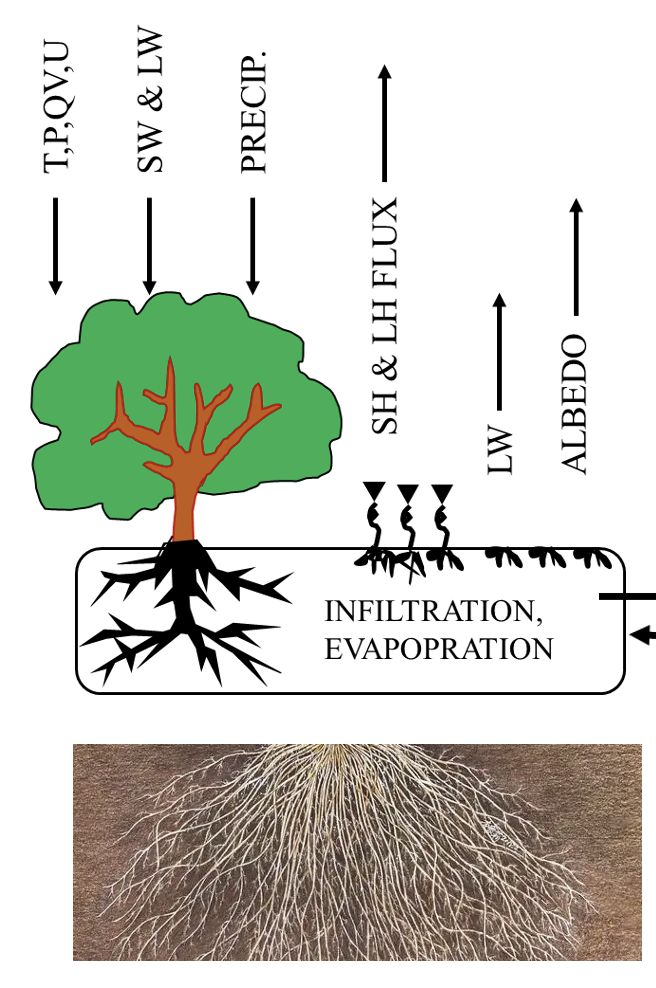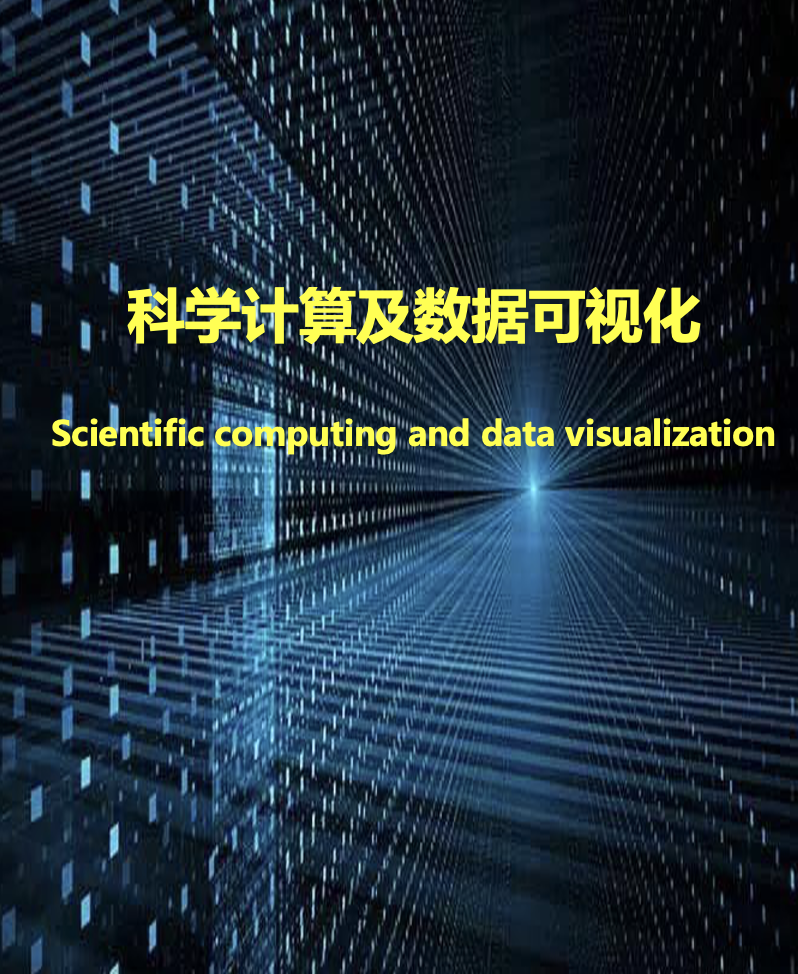Teaching
Courses I have taught and teaching materials.
Current Undergraduate Courses
Introduction to the Earth System

This course provides a comprehensive overview of the Earth's interconnected systems, including the atmosphere, hydrosphere, geosphere, and biosphere. Students will learn about the fundamental processes that shape our planet and the complex interactions between these systems.
Key topics include:
- Earth's formation and structure
- Atmospheric and oceanic circulation
- Climate and weather patterns
- Biogeochemical cycles
- Human impacts on the Earth system
Download Course Materials:
FORTRAN Language Programming

This course introduces students to FORTRAN programming, a powerful language widely used in scientific computing and numerical analysis. Students will learn the fundamentals of FORTRAN and its applications in solving complex scientific problems.
Key topics include:
- FORTRAN syntax and data types
- Control structures and loops
- Arrays and matrices
- Subroutines and functions
- File I/O and data processing
- Numerical methods and scientific computing
Download Course Materials:
Earth’s Hydrologic Cycle

This course explores the Earth's hydrologic cycle, focusing on the movement and distribution of water in our planet's atmosphere, land, and oceans. Students will gain a deep understanding of water's crucial role in shaping Earth's climate, ecosystems, and landscapes.
Key topics include:
- Water distribution on Earth
- Processes of evaporation, transpiration, and precipitation
- Groundwater and surface water systems
- Ocean circulation and its impact on climate
- Human influences on the hydrologic cycle
- Water resource management and conservation
Download Course Materials:
Current Graduate Courses
Land Surface Modelling

This graduate-level course focuses on the principles and applications of land surface modelling in Earth system science. Students will learn about the complex interactions between the land surface and the atmosphere, and how to represent these processes in numerical models.
Key topics include:
- Energy and water balance at the land surface
- Soil-vegetation-atmosphere transfer schemes
- Land surface parameterizations in climate models
- Carbon cycle and ecosystem dynamics
- Model calibration and validation techniques
- Applications in climate change studies and land management
Download Course Materials:
Python Scientific Computing and Data Visualization

This graduate-level course introduces students to scientific computing and data visualization using Python. Students will learn how to leverage Python's powerful libraries for numerical computations, data analysis, and creating compelling visualizations in the context of Earth and environmental sciences.
Key topics include:
- Python basics and scientific computing libraries (NumPy, SciPy)
- Data manipulation and analysis with Pandas
- Visualization techniques using Matplotlib and Seaborn
- Geospatial data processing with Geopandas and Cartopy
- Machine learning applications with Scikit-learn
- Interactive visualizations using Plotly and Bokeh